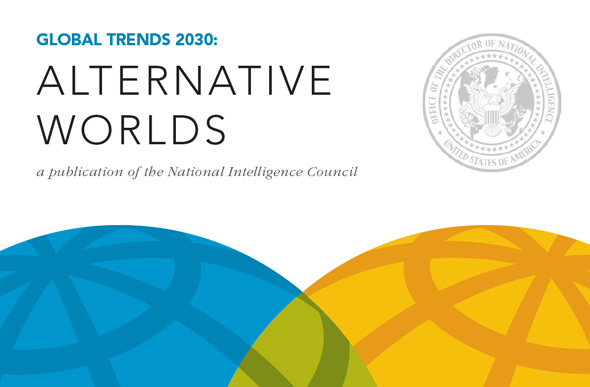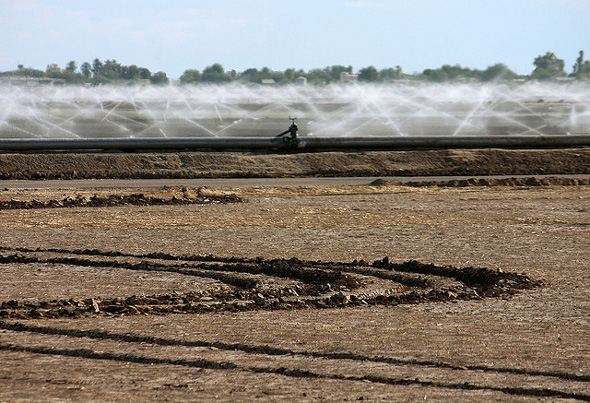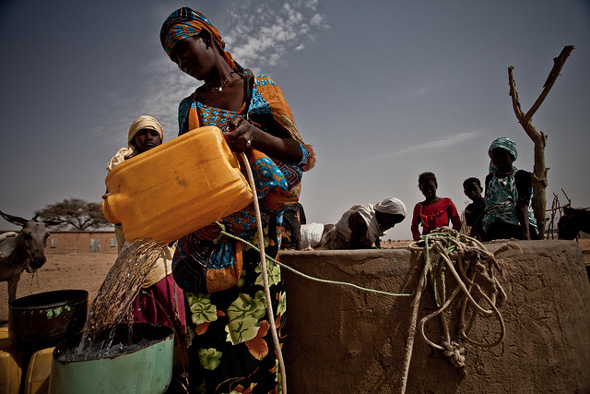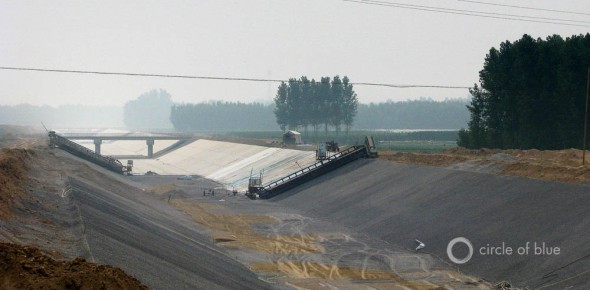-
New Support for International Family Planning: The Significance of the London Summit
›December 21, 2012 // By Carolyn LamereAt a major summit in London this summer the Bill and Melinda Gates Foundation launched one of the most significant efforts yet to revitalize commitments around the world towards providing universal access to family planning. More than 220 million women around the world – mostly in developing countries – want to delay or avoid pregnancy but are not using effective methods of contraception. Meeting the unmet needs of these women could save the lives of hundreds of thousands of mothers and millions of infants, not to mention significantly impact the future of human development. But the last decade has been a period of relative neglect by international donors.
-
‘Dialogue’ Discusses Hurricane Sandy and Climate Change Perceptions in the U.S.
›Did Hurricane Sandy change the discussion about climate change in the United States? In this latest episode of the Wilson Center’s Dialogue program, Senior Wilson Center Advisor and Ohio University Professor Geoff Dabelko joins host John Milewski to discuss the potential impact of Sandy on climate policy and dialogue in the United States with Darryl Fears (The Washington Post) and Bob Deans (Natural Resources Defense Council).
-
National Research Council Produces Climate and Security Analysis at Request of U.S. Intelligence Community
›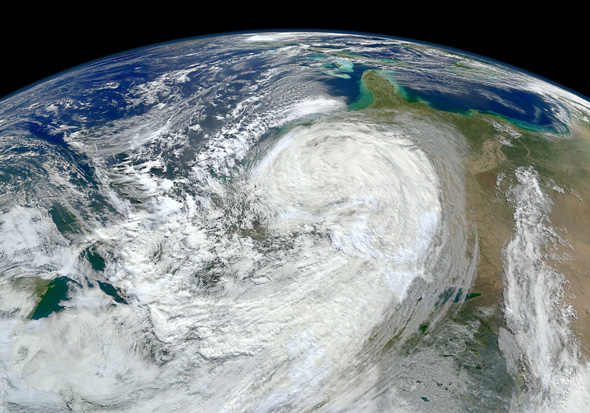
The CIA may have shut down its dedicated climate change center earlier this year, but a recently released report sponsored by the intelligence community reaffirms the deep connection between climate change and national security. New threats to U.S. national security – like increased food and water insecurity and more natural disasters requiring humanitarian assistance – have emerged as climate change creates unprecedented changes in the global environment.
-
National Intelligence Council Releases ‘Global Trends 2030’: Prominent Roles Predicted for Demographic and Environmental Trends
›
“We are at a critical juncture in human history, which could lead to widely contrasting futures,” writes the chairman of the National Intelligence Council (NIC) Christopher Kojm in the council’s latest forward-looking quadrennial report, Global Trends 2030: Alternative Worlds, released yesterday.
This year, principal author Mathew Burrows and his colleagues focus on a series of plausible global scenarios for the next 20 years and the trends or disruptions that may influence which play out. Among the most important factors in these projections are demography and the environment.
-
‘The Christian Science Monitor’ Explores the Global Water Crisis: Should We Charge More for Water?
›
“There is as much of that water on the planet today as when the first amphibian flopped ashore; as much as when the ancient Greeks divined the future in the babble of brooks,” writes William Wheeler in The Christian Science Monitor. “So why do experts in science, economics, and development warn that a ‘global water crisis’ threatens the stability of nations and the health of billions?”
-
Water Scarcity, Agriculture, and Energy Are Focus of ‘Choke Point: China Part II’
›With the start of part two of Circle of Blue and the China Environment Forum’s Choke Point: China series, the focus has broadened from looking more narrowly at water scarcity and energy to including the effects of food security and pollution in China too.
“From an environmental point of view,” said Circle of Blue Senior Editor Keith Schneider, the question is, “can a nation that big, operating at such a scale maintain its sustainability?”
-
From Dirty Wells to Endocrine Disrupters: Covering Women, Water, and Health at SEJ 2012
›Access to safe water is often taken for granted in developed countries. But last week at the 22nd annual conference of the Society of Environmental Journalists, panelists argued that the impact of dirty water on women’s health is an important but neglected story, not only in developing countries like Nigeria, but also in the United States.
-
Choke Point China Part II: Food Supply, Fracking, and Water Scarcity Challenge a Juggernaut Economy
›The original version of this article, by Keith Schneider, appeared on Circle of Blue. Choke Point: China is a research and reporting initiative produced in partnership between Circle of Blue and the Wilson Center’s China Environment Forum.
Where the wide, muddy waters of the Songhua River flow north from Jiamusu to the Russian border, just 150 kilometers (90 miles) distant, the whole of China’s largest treeless prairie sweeps to the horizon. This expanse of fertile grasslands endures the dark fright of cold Siberian winters and the raging winds of Mongolian summers. At night, in the scattered villages, the sky fills with stars so thick and bright that walking along unlit streets is easy.
Showing posts from category U.S..


